Ecological grief and anxiety: the start of a healthy response to climate change?
The next 10 years are a crucial decade for the world. Ecological grief and anxiety over current losses or anticipated future change are a sign of relationship with, or connection to, the natural world. What is needed are accessible and safe spaces to explore these difficult emotional reactions and the political will to ensure that important strategies and supports are funded.

In the media : “Skies Are Clearer and Global Pollution Is Down Because of COVID-19 — But Can We Sustain It?”
“Climate change expert Dr. Courtney Howard and Nature Climate Change scientists say we can sustain the cleaner environment we’re seeing by going greener right now.
All the social distancing, working from home and Netflix binging we’ve been doing to stay healthy and keep COVID-19 from overloading our hospitals add up to make the world cleaner.”

Dans les médias: “Faire le choix de la santé pour prévenir une autre pandémie”
LE DEVOIR “Dans les dernières semaines, nous avons souligné, célébré et reconnu le travail exceptionnel des travailleurs de la santé de première ligne.”

Dans les médias: “Faire le choix de la santé”
LA PRESSE “Dans les dernières semaines, nous avons souligné, célébré, et reconnu le travail exceptionnel des travailleurs de la santé de première ligne. D’un océan à l’autre, et à travers le monde, nous avons chanté, allumé nos lumières, frappé sur nos casseroles et dansé de la maison pour souligner les efforts et le courage de nos voisins et amis qui sont partis œuvrer dans nos centres de santé et qui ont maintenu nos services essentiels, jour comme nuit.”

Dans les médias: “Faire le choix de la santé”
LA PRESSE “Dans les dernières semaines, nous avons souligné, célébré, et reconnu le travail exceptionnel des travailleurs de la santé de première ligne. D’un océan à l’autre, et à travers le monde, nous avons chanté, allumé nos lumières, frappé sur nos casseroles et dansé de la maison pour souligner les efforts et le courage de nos voisins et amis qui sont partis œuvrer dans nos centres de santé et qui ont maintenu nos services essentiels, jour comme nuit.”

Dans les médias: “Faire le choix de la santé pour prévenir une autre pandémie”
LE DEVOIR “Dans les dernières semaines, nous avons souligné, célébré et reconnu le travail exceptionnel des travailleurs de la santé de première ligne.”
Dans les médias : « La crise du COVID-19 est un point de basculement. Allons-nous investir dans la santé planétaire, ou le pétrole et le gaz?
« Lorsque j’ai lu pour la première fois sur la possibilité d’un renflouement de plusieurs milliards de dollars du secteur pétrolier et gazier par les gouvernements fédéral et albertain, j’étais épuisé.
J’étais épuisé par des journées de travail aux urgences, des exercices d’équipement de protection individuelle, un comptage obsessionnel des ventilateurs et la façon d’encourager les Canadiens à avoir des conversations courageuses autour des soins de fin de vie. J’étais trop épuisé pour même penser à répondre.
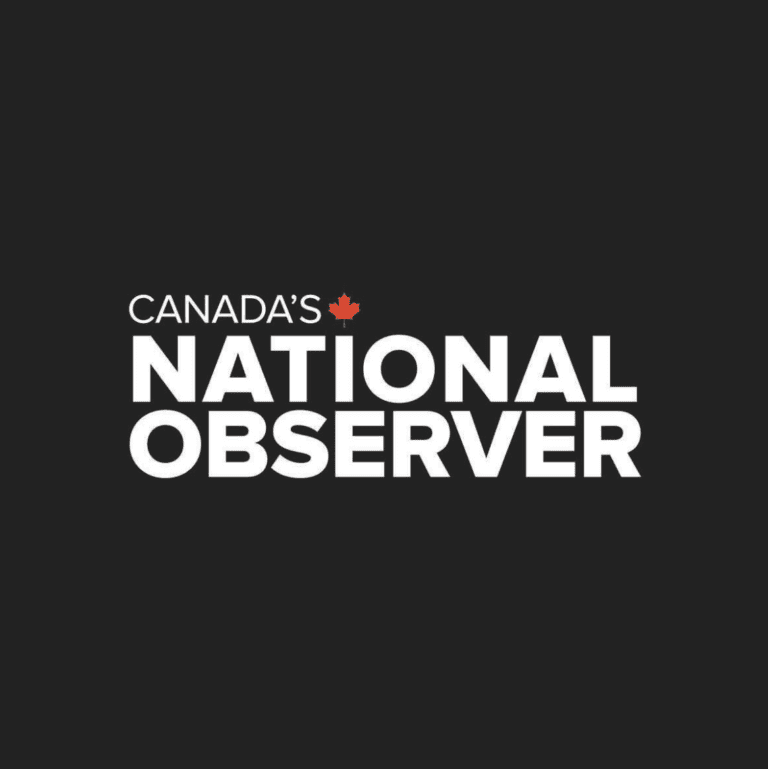
In the media : “COVID-19 crisis is a tipping point. Will we invest in planetary health, or oil and gas?”
THE NATIONAL OBSERVER “When I first read about the possibility of a multibillion-dollar bailout of the oil and gas sector by the federal and Alberta governments, I was exhausted.”
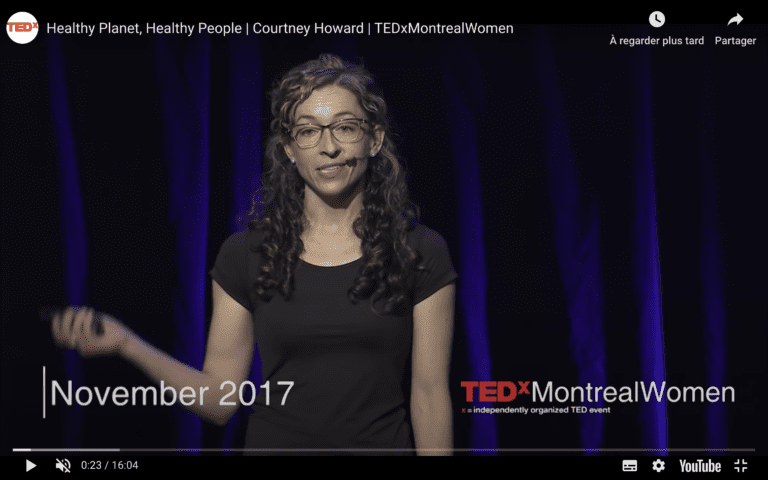
TEDxMontrealWomen : Planète en santé, personnes en bonne santé
« Pendant trop longtemps, nous avons mis la santé et l’environnement dans différentes boîtes. Le travail de notre génération est de combler les deux, de comprendre qu’en fait, ils appartiennent à la même boîte – que la santé planétaire définit la santé humaine – et que nous améliorons l’un, nous allons améliorer l’autre ainsi.

TEDxMontrealWomen : Healthy Planet, Healthy People
TEDxMontrealWomen “For too long we’ve put health and the environment in different boxes. The work of our generation is to bridge the two, to understand that in fact, they belong in the same box–that planetary health defines human health–and that as we improve one, we will improve the other as well.”
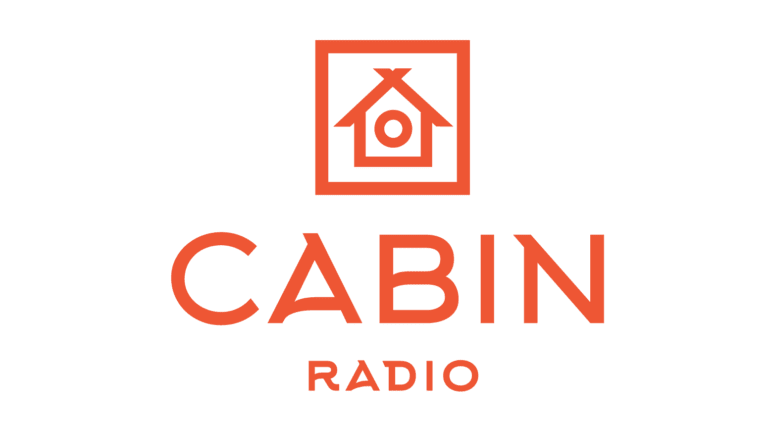
How much do we understand about the health effects of wildfire smoke?
“Howard, who has spent years studying the relationship between our changing climate and human health, highlighted the role of mental health – an issue the multisport club members raised, given the discouragement and frustration they have felt because of wildfire smoke.”
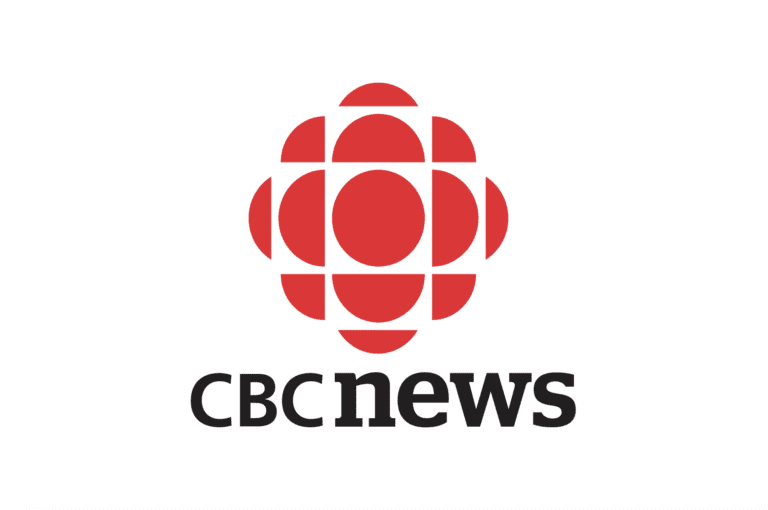
Wildfires are reversing Canada’s progress on improving air quality
“Howard noted that a study released earlier this month noted that a given level of PM 2.5 from wildfire smoke has worse health outcomes than other forms of PM 2.5, such as those from gas-powered vehicles and industrial emissions.”

Hundreds of deaths from L.A. wildfires went uncounted, researchers say
“Dr. Courtney Howard, an emergency physician based in Yellowknife who treats patients harmed by wildfire smoke, said a new approach to showing the longer health impacts from wildfires is important.”

Dry Canada, wildfire dangers linger, mRNA research cuts, and more
“Fires can be deadly — and new research shows the dangers last long after the flames are out. The study shows evidence of lung damage, depression, even death… months, or even years later.”
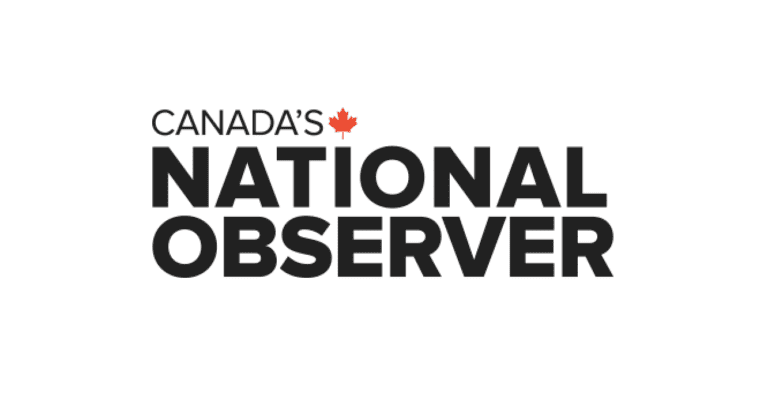
Canadian hospitals switching out anesthetic gas for cleaner alternative
“Courtney Howard, an emergency physician at Stanton Hospital in Yellowknife and president of the Northwest Territories Medical Association, says climate change is already disrupting healthcare delivery. During the 2023 wildfires, her hospital had to evacuate along with the entire city — something she believes will happen more often in the future.”

N.W.T. health-care bodies say relying on virtual doctors in emergency room is unsafe
“This is simply unacceptable for a level 3 trauma centre,” said Dr. Courtney Howard, an emergency room physician in Yellowknife and the president of the medical association — in part, she said, because Stanton serves the entire territory, is a hub for a “structurally disadvantaged population” and has agreements to provide a standard of care to the Kitikmeot region of Nunavut as well.
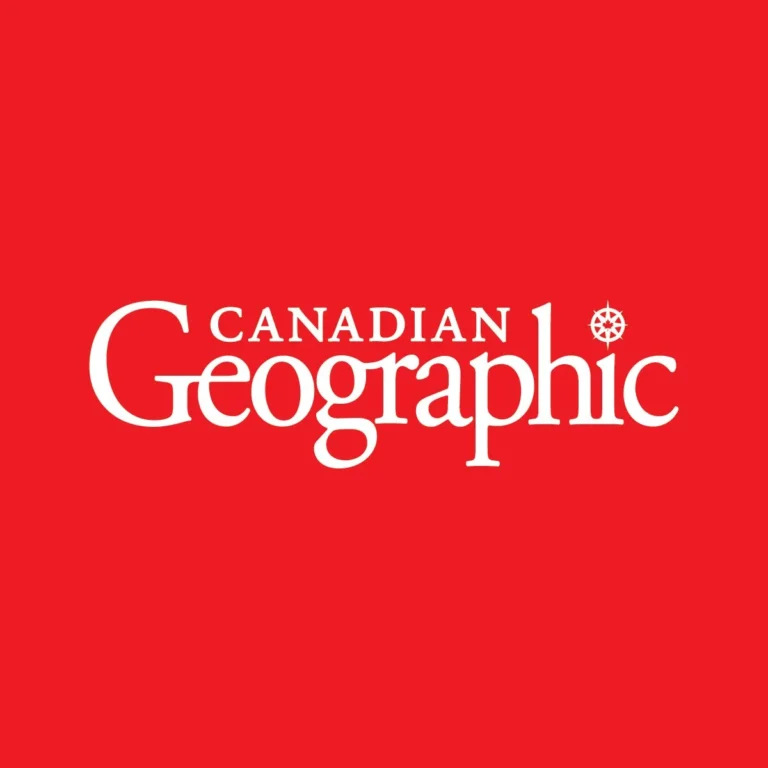
The great turning
“Even thinking about this is really scary,” Courtney Howard — an emergency room physician, vice-chair of the Global Climate and Health Alliance, mother, dancer and writer — tells me from her kitchen overlooking Yellowknife’s Back Bay. Talking about it “helps everybody realize: ‘I’m not alone.’ It normalizes those feelings, and when we normalize and are vulnerable with one another … it actually naturally brings us into the community that we need to solve problems.”

The GNWT just bumped up pay for locum physicians. Here’s why.
“There’s a weekend in May where we’ve only got one physician currently scheduled for most of the days. We have no idea how we’re going to keep the doors of the emergency department open,” said Courtney Howard, an emergency room physician and president of the NWT Medical Association, last week.

Scientists say EPA just needs to look around the world to see the growing dangers of climate change
““There is global consensus that climate change is the biggest threat of our to time to both health and health systems,” said Dr. Courtney Howard, a Canadian emergency room physician and vice chair of the Global Climate and Health Alliance. He ticked off a long list: heat-related illnesses, worsening asthma, heart diseases worsened by wildfire smoke, changing habit for disease-carrying mosquitoes, ticks and other insects, and crop failures that drive hunger, war and migration.”

Study projects millions of European heat deaths as world warms
““This very much lines up with what we would expect,” said Dr. Courtney Howard, a Canadian emergency room physician and vice chair of the Global Climate and Health Alliance. She was not part of the study. “When you think about summertime daytime temperatures in places like Rome — they start to get up into the 40s (104 to 122 degrees Fahrenheit)…. That’s very heat stress/heat stroke territory for healthy young people and very dangerous for older people, particularly if they don’t have air conditioning.”

Here’s what happened when experts at COP29 played a climate change board game
“You feel the anxiety rising as you’re getting farther away from your goal and the crisis points are increasing,” said Howard. “So I think we’re going to need to anticipate increasing anxiety. And what’s that going to do to human behavior on the local and global stage?”

We can take a bite out of emissions
“In a summer during which Canadians have felt the reverberating loss of extreme climate-related events near them, it is increasingly clear that immediate, coordinated strategies are needed to overcome the climate emergency.”

Conversation with Dr. Courtney Howard
“Dr Courtney Howard is an Emergency Physician in Yellowknife, and is a nationally- and globally-recognized expert on the impacts of climate change on health, and in the broader field of planetary health.”

The awful fires in the Northwest Territories can light the way to a better, healthier future
by Dr Courtney Howard, Dr Nicole Redvers and Dr Sarah Cook
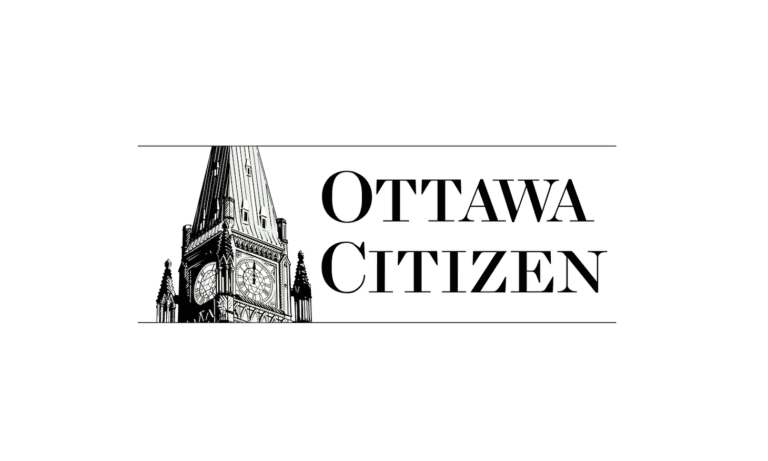
Yellowknife doctor feels pain of N.W.T. wildfires while attending Ottawa conference
“I research wildfires and health, so I have been keeping close tabs on the situation, speaking with practitioners and the media, ever since May.”
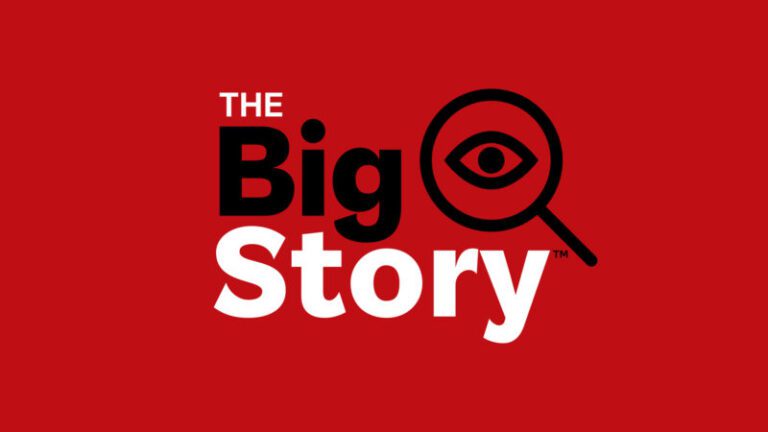
Smoke 101: An intro to a new summer reality
“It’s here. It’s become a part of summer in most areas of Canada. It’s bad for you. But there’s a lot more to it than that. What exactly makes wildfire smoke harmful to breathe? And what about the mental health impact of hazy skies and a darkened future?”

Summers of smoke: Planning and response does good and feels good
“On Aug. 2, 2014, six weeks into the wildfire season that would come to be known as the Summer of Smoke, we woke up to haze over Back Bay in Yellowknives Dene territory. It was my daughter Vivi’s first birthday and we’d planned a party in the park.”
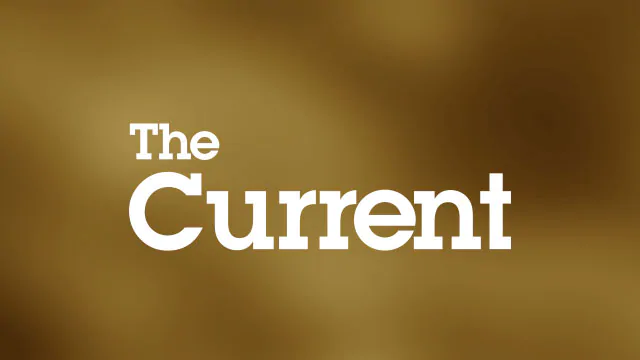
The Current with Matt Galloway— How wildfire smoke affects your health
“Wildfires have created smoky skies across much of Canada, with air quality and smog warnings in various parts of the country. Matt Galloway talks to a doctor and a meteorologist about the health risks, and whether climate change means these hazy skies are the new normal.”

From instability to sustainability: the path to healthy people on a healthy planet
“The intersection of environment and health is a powerful sweet spot where our efforts can yield outsized positive impacts on our lives now and into the future.”

Edmonton air quality presents very high health risk, disrupts long-weekend plans
“But when the AQHI is at 10+, it’s really best for everyone to try to stay indoors as much as possible with the windows closed, said Dr. Courtney Howard, a Yellowknife-based emergency physician who looks at the health impacts of wildfires. “

Cross Country Checkup with Ian Hanomansing
“The World Meteorological Organization warns that global temperatures may temporarily surpass 1.5 C degrees of warming within the next five years. What’s your next move?”
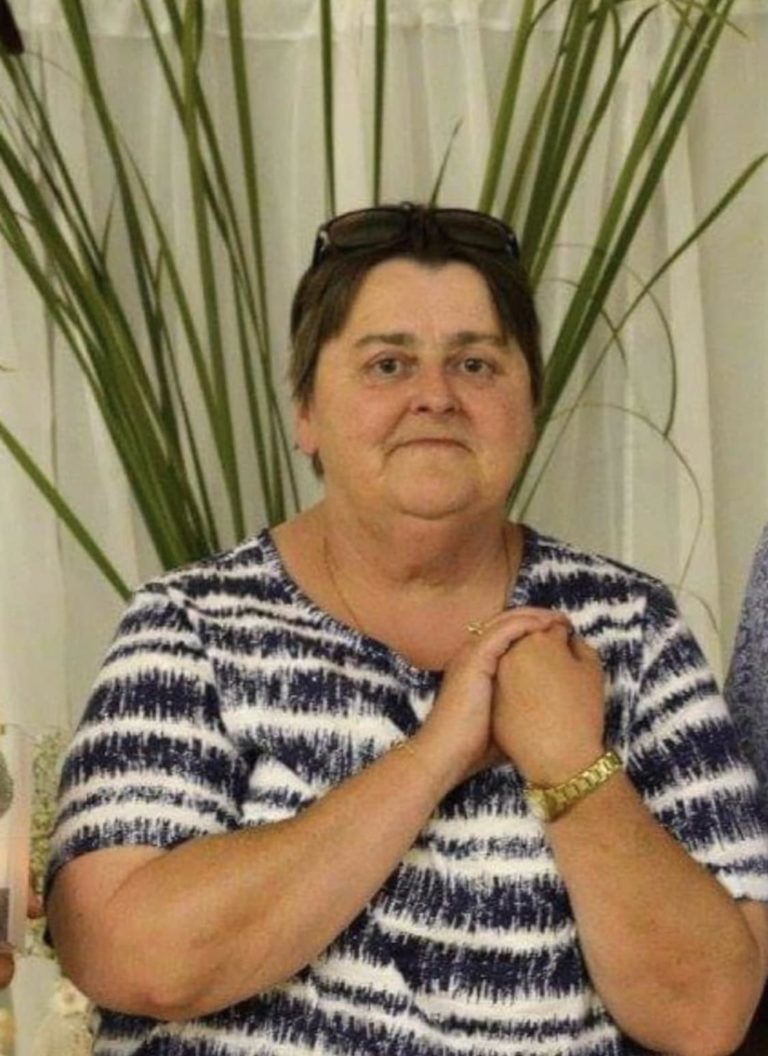
A post to mark the passing of legendary Yellowknife nurse Martha Codner.
“If you can alleviate the fear of a child just by your presence or your caring and comforting, that’s a job done right there…It’s the most rewarding job that I think anyone could choose. When you can make a difference and help somebody, whether it be minute or major. It’s rewarding. You don’t have to have a thank you, you just walk away and say, ‘A job well done.” Martha’s voice, taken from an interview with Loren McGinnis upon her retirement a few years ago, starts off both of these interviews.”
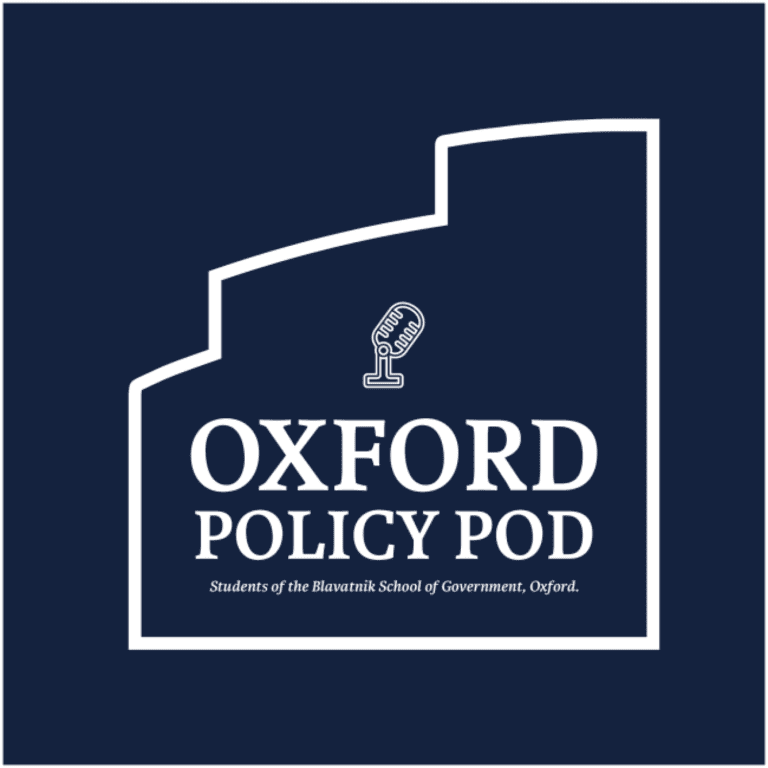
Oxford Policy Pod : Health, climate and COPs
“COP27, held in Sharm El-Sheikh, Egypt, was expected to be the ‘Implementation COP’ that would translate previous commitments into tangible action. Our host, Vitor Tomaz, is joined in this episode by Dr Courtney Howard to discuss her intellectual journey into climate advocacy, how global health advocacy and organisations can also push forward climate goals, and what a civil society participant aims to achieve at a global climate conference like COP.”
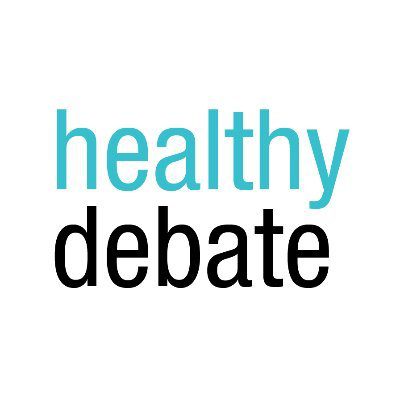
Woefully inadequate: Dearth of funding for biomedical health research reflects our environmental racism
“On the heels of COP27 and as delegates debate the biodiversity crisis at COP15 in Montreal, heat domes, atmospheric rivers, flooding and air pollution from forest fires continue to intensify in Canada.”

‘Coinciding crises’ increase the urgency for action on climate health impacts
“Climate change is causing global insecurity across sectors and worsening health outcomes, and a new report from The Lancet cautions putting “health at the mercy of fossil fuels.”

The world’s ‘fossil fuel addiction’ is killing 1.2 million people a year and leaving 100 million hungry, doctors say in huge new global study
“Both Wilson and emergency room physician and professor of medicine at the University of Calgary Dr. Courtney Howard, who wasn’t part of the study, said report authors are correct to call the problem an addiction to fossil fuels, similar to being addicted to harmful drugs.”

Doctors say ‘fossil fuel addiction’ kills, starves millions
“Extreme weather from climate change triggered hunger in nearly 100 million people and increased heat deaths by 68% in vulnerable populations worldwide as the world’s “fossil fuel addiction” degrades public health each year, doctors reported in a new…”
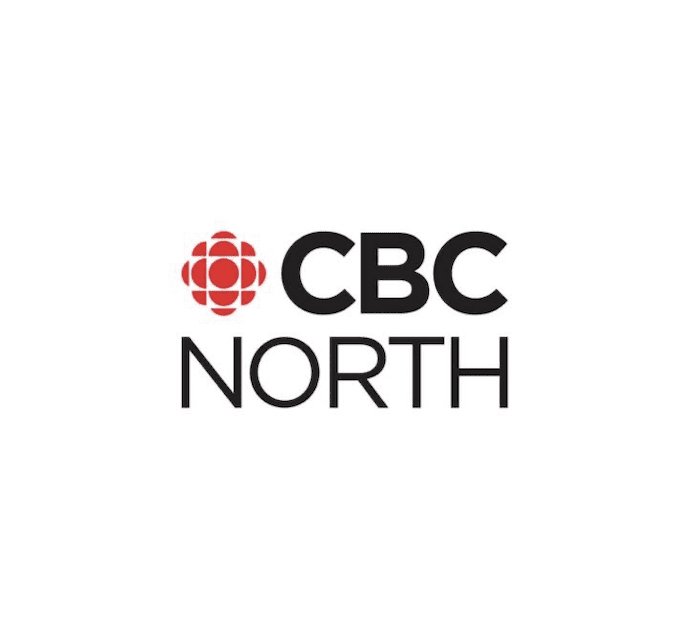
Clean air shelter policy could help N.W.T. communities breathe through wildfire season
“Dr. Courtney Howard, an emergency room physician in Yellowknife, said it was an important decision that gave residents a space to exercise and socialize after a month of being told to limit outdoor activity and to keep windows closed because the air quality was poor.”
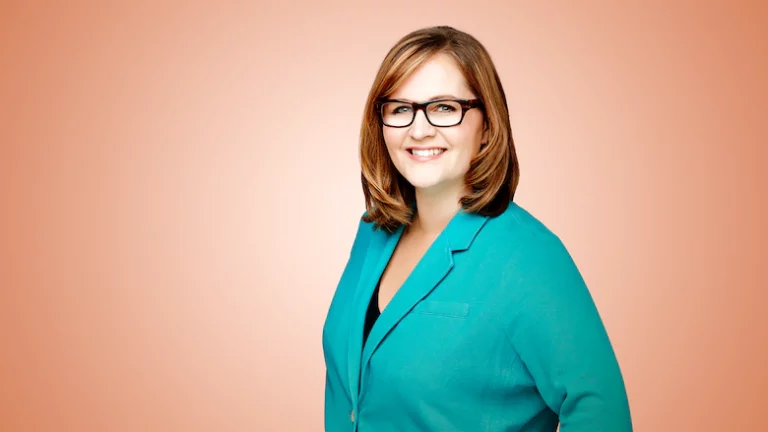
Information Radio – MB with Marcy Markusa
“Dr. Courtney Howard is an emergency physician in Yellowknife and the advocacy co-chair for a WHO working group on climate and health. She is pushing the Canadian government to face the climate crisis head-on.”

Cabin Radio : Do we know enough to release Alberta’s treated tailings?
“A federal plan to release treated tailings overlooks large gaps in our understanding of how that could affect human health, some experts and advocates say.”
